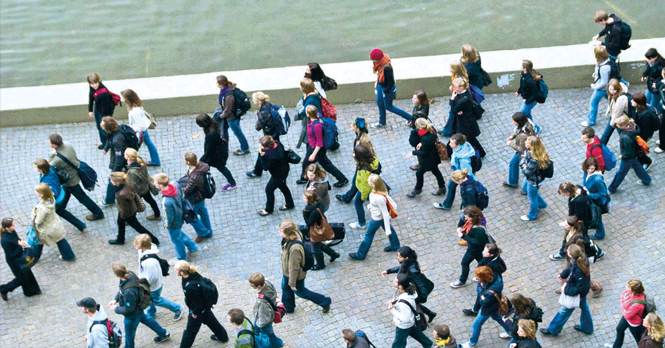URL: https://v1.desy.de/site_www-desy/content/about_desy/desy/training_for_top_researchers/index_eng.html
Breadcrumb Navigation
Training for top researchers
Training for top researchers
DESY generates scientific insights and ideas for innovations. Just as important is its role as a nursery of young talents. DESY trains young people to be highly qualified, top-level scientists. Here, students and doctoral candidates learn how to develop their scientific creativity, juggle complex data and work in international and interdisciplinary teams. DESY graduates are coveted employees, not only in research institutes but also in business. This success is based on DESY’s close networking with universities. DESY has particularly close connections with the University of Hamburg. PIER, a strategic partnership between the two institutions that was founded in 2011, offers ambitious young talents top-level graduate training.
DESY also provides a variety of possibilities for starting careers in commercial-technical and business management professions. Young people can receive training in Hamburg and Zeuthen for future-oriented vocations such as industrial engineering, IT or technical product design. Schoolchildren can learn about science in the DESY school lab “physik.begreifen”. Here, children nine or ten years of age on can make balloons or chocolate-coated marshmallows explode in a vacuum under a bell jar. Students from secondary schools can investigate whether certain salts are radioactive and how to shield the radiation. In the “Cosmic Lab”, pupils in college preparatory classes can learn more about cosmic particles. The strong interest shows that this concept of teaching physics is effective: year after year, the school labs in Hamburg and Zeuthen are fully booked, with waiting lists.
PIER promotes young talents
DESY and the University of Hamburg offer outstanding prospects for talented young researchersThe close cooperation between DESY and the University of Hamburg has a long history. In 2011, this cooperation was intensified through the creation of a strategic partnership – the Partnership for Innovation, Education and Research PIER. PIER focuses on four ground-breaking areas of research: particle physics, nanosciences, photon science, and infection and structural biology. A central office coordinates the activities. It helps scientists to implement new ideas in research projects without bureaucratic obstacles. Tools such as the PIER ideas fund and workshops help to promote a dialogue with business and society.

Special emphasis is placed on the training of up-and-coming young scientists. In particular, the PIER Helmholtz Graduate School supports young researchers who are writing doctoral theses in these four research fields. A network of top researchers provides the doctoral students with support. With the help of the Helmholtz Association, PIER promotes regular stays at research institutions abroad and helps the doctoral students to build up networks with potential employers in industry and science. Outstanding candidates can apply for fellowships from the Joachim Herz Foundation.
Associated with the PIER graduate programme is DoIt, an initiative formed by the doctoral students at DESY. In 2006, they joined together to help newcomers orient themselves and create an active alumni network. DoIt regularly invites former DESY doctoral students to report on their current activities and thus give its members crucial support as they choose their future professions.
A promising career launch
Young researchers at DESYDESY offers excellent starting conditions and career opportunities in various professions. Hundreds of young researchers are pursuing their first scientific research projects at DESY – where they find a highly international and interdisciplinary setting. After their doctoral studies, DESY graduates have excellent opportunities in the job market.


